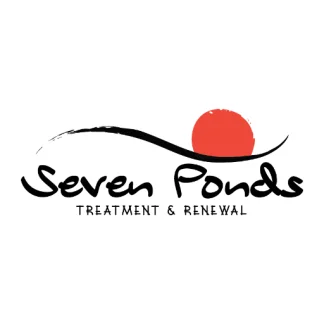Seven Ponds Treatment & Renewal
Bennington, Oklahoma, 2222 Midway Rd, 74723
Available Programs
- Adolescence program
- Adult program
- Program for men
- Program for women
- Young adult program
Insurance and Financial
- Monthly : $8,200
- Private insurance
- Self-pay options
- Insurance accepted
- Humana
- Magellan Health
- UnitedHealth Group
About this Facility
Seven Ponds Ranch is a treatment center located in Bennington, Oklahoma offering unique nature immersive wilderness program, at times referred to as Eco-therapy within 80 acres of beautiful countryside. Seven Ponds Ranch level of care includes alcoholism, opioid addiction, substance abuse, and a self intervention program.
Wilderness Program – Led by a former Army Ranger and professional wilderness guides, participants’ experience 10 to 20 days of daily activities designed to refocus their value system and self- perception.
Contact us for more information: (580) 847-2500

Contact Seven Ponds Treatment & Renewal
Connect with Seven Ponds Treatment & Renewal by calling their admissions team directly.
(580) 847-2500 Website Get Directions